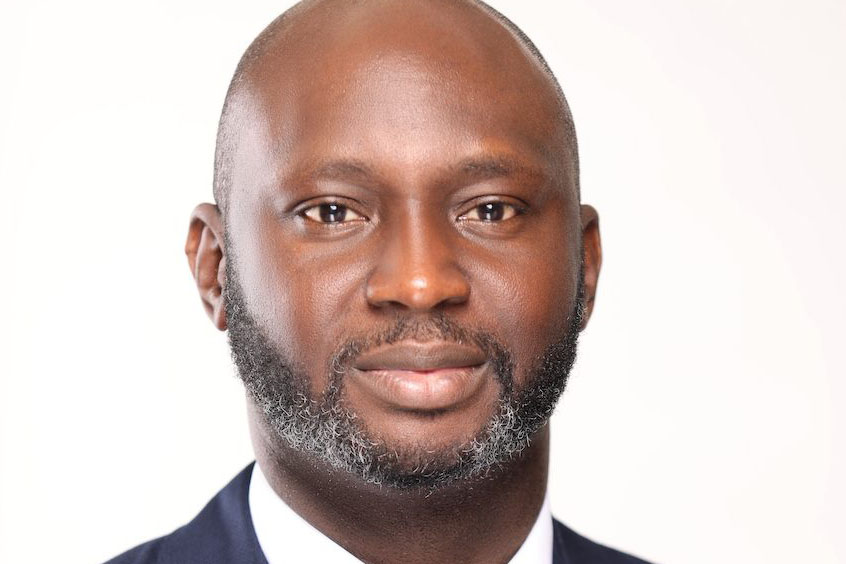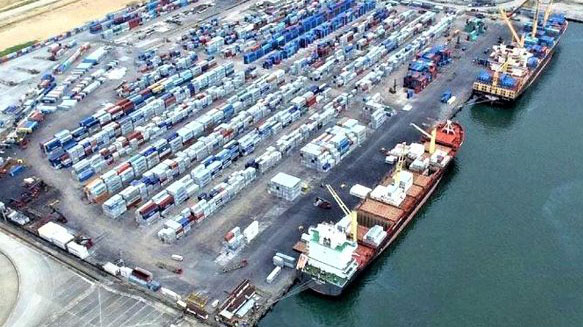
The big economic news over the last month was Nigeria’s refusal to sign up to the agreement establishing the African Continental Free Trade Area (AfCFTA). The official reason given for not signing was to “allow for further consultations”. Whether or not you believe that probably depends on what you think about how government operates. Although to be fair “consultations” have taken place since the FG’s refusal. However, before we get to that it is useful to understand what the AfCFTA is and why we should or should not sign up to it.
First, trade is mostly good. Economists and policy makers have known for a long time that trade is generally good for economies and more trade typically means faster growth. Or to put it the other way, no trade typically means economic stagnation. In Africa however, trade seems to be more difficult compared to other parts of the world and seems to not be as pronounced. For instance, according to the Trade Law Centre (TRALAC) for Southern Africa, intra Africa trade, that is trade within African countries, stood at between 10 to 12 percent of total trade in 2013. For context, comparable figures were 40% in North America and roughly 60% in Western Europe. Tariffs faced by African countries exporting to Africa were higher compared to exporting to the rest of the world. Non-tariff barriers were estimated to be twice as large. In short, for most African countries, it is easier to trade with the rest of the world than to trade with fellow African countries.
It is this disfunction that gave birth to the idea of the AfCFTA. The basic idea of the AfCFTA is to facilitate trade within Africa by agreeing to remove tariffs within Africa for a large variety of goods. But it does not end there. It also includes measures to remove non-tariff barriers, to promote cooperation between customs authorities on standards, regulations, and facilitation to make it easier for goods to flow across Africa. It includes dispute resolution mechanisms, charters on the free movement of people, mutual recognition of standards, licensing, and certifications, and so on. All in all, it is an agreement to make trade easier within Africa.
The March agreement was not necessarily about instantly kicking of free trade but about establishing the AfCFTA from a legal standpoint. Individual countries still need to ratify the agreement and negotiations still need to be held on various issues. It was however a significant step forward for an idea that many had worked on for over a decade. A step with Nigeria initially led but was unfortunately absent.
So, should Nigeria have signed the agreement? Well trade is mostly good. Mostly, but not always and not for everyone. We know that overall trade is good, but sometimes the benefits are not evenly distributed. For instance, if you have a manufacturing sector that exists solely on the back of government protection from international competition, and as a result has incorporated relatively higher cost and less efficient techniques, then trade will not be good for those sectors. The competition from freer trade will wipe out those sectors. If that sounds like the Nigerian manufacturing sector then you may not be too wrong. Although in truth it is a small but vocal fraction of Nigerian industry. The ones who are well connected and who use their political influence to block competition, sell sometimes subpar products, and make mega profits, will have to become competitive or die. They stand to lose from Nigeria joining the AfCFTA. Although I’m sure most Nigerians who will get access to cheaper and maybe better quality products won’t be complaining.
On the other hand, the serious manufacturers who focus on efficiency and competitiveness will gain a tremendous opportunity to expand into the African market. I know we like to talk about how large Nigeria’s economy is, but Africa’s economy excluding Nigeria is much bigger. Nigeria is only roughly 12 percent of Africa’s economy and the remaining 88 percent means hundreds of millions of potential customers for Nigerian businesses. Why would we not want our businesses to gain access to that market?
The potential gains from Nigeria joining the AfCFTA far outweigh the costs and it would be another nail in our slow development coffin if we do not sign up. Do I think we will? Well it’s difficult to imagine a government whose economic philosophy is self-sufficiency opting to join a free trade area. But I will be happy to be proven wrong.
Nonso Obikili is an economist currently roaming somewhere between Nigeria and South Africa. The opinions expressed in this article are the author’s and do not reflect the views of his employers.






